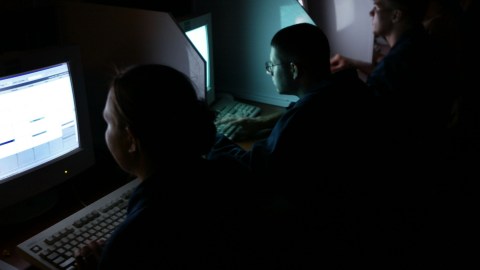Some Companies Are Moving toward A “Zero-Email” Office

Email fills up a lot of time and often results in little real work getting done. It’s not just me that thinks so, many enterprises are finding the less it’s used for office communication, the less time gets wasted. Productivity goes up and stress goes down.
I’ve been on an email diet for two years now, where I only check my email three times a day. All other times Outlook remains closed. No pings or pop-ups means no distractions.
When we tuck away email, we stop reacting to it, and are able to focus on the project in front of us. I found I got more done; rather than reacting to every email ping of a new message, I was engaging in the conversation when I was ready.
Harvard Business Review highlighted a “zero email” policy put in place by Thierry Breton, CEO of the information technology firm Atos Origin. Back in 2011, his company of 70,000 employees were averaging 100 messages per week per person. “We are producing data on a massive scale that is fast polluting our working environments and also encroaching into our personal lives,” Breton said in a press release.
Since the policy, the average has gone down to 40 emails per employee per week. The results from the move seems positive, but it’s difficult to say whether a reduction in email use is the cause. However, a number of internet experts and studies would say it has a major affect on the bottom line.
Email can be a great productivity tool, but when it’s always on, it messes with our heads. Study, after study has found this to be the case. By rethinking how we prioritize our work day (i.e. limiting email use), we may find ourselves less stressed from having had a more fulfilled work day.
Adam Bryant, deputy national editor of The New York Times, talks about why it’s so easy for email to chew up so much of our time and energy:
***
Photo Credit: Joe Raedle / Getty Staff





